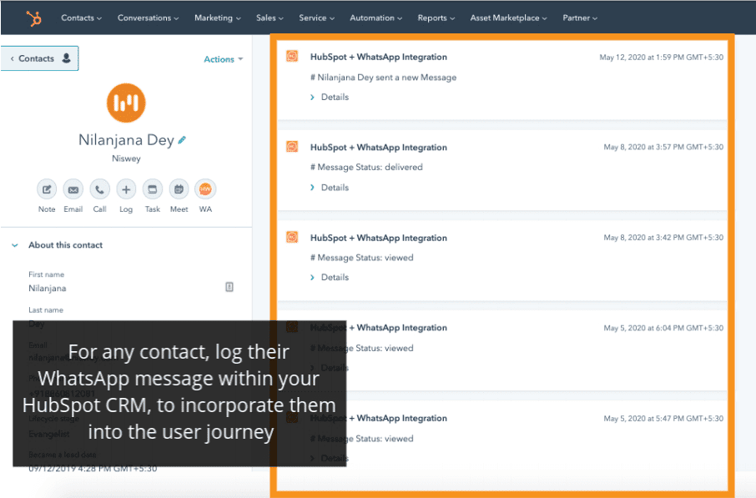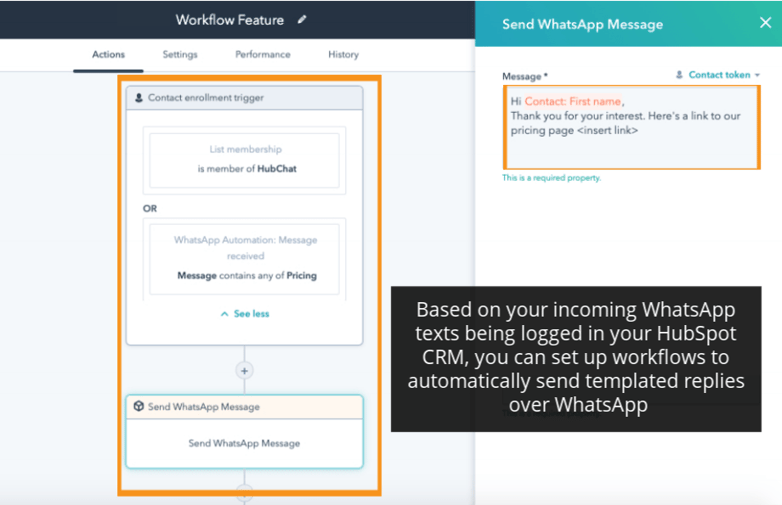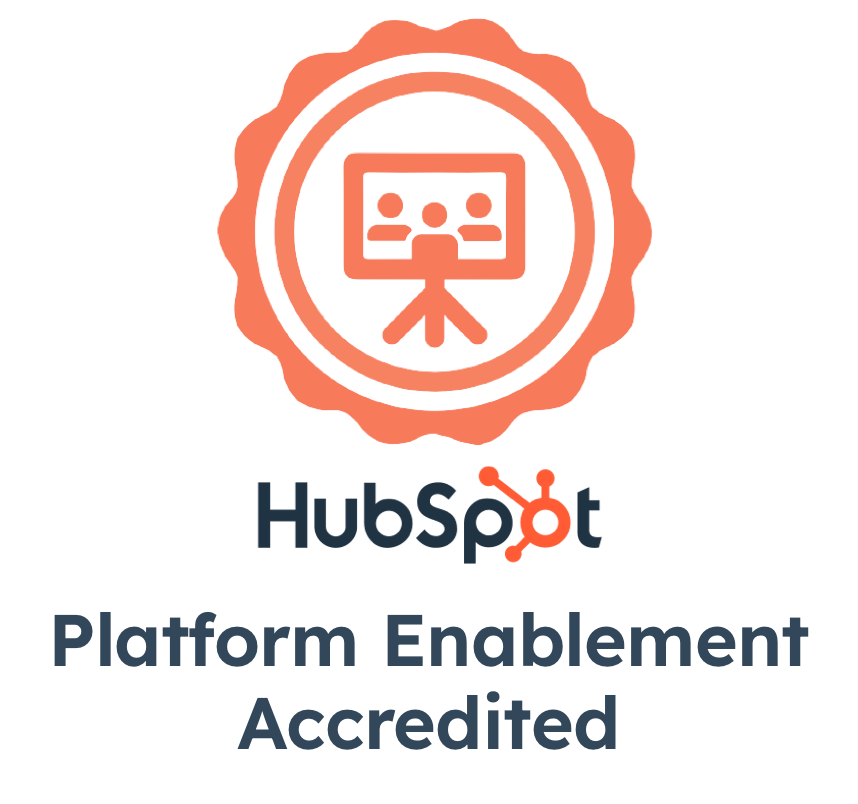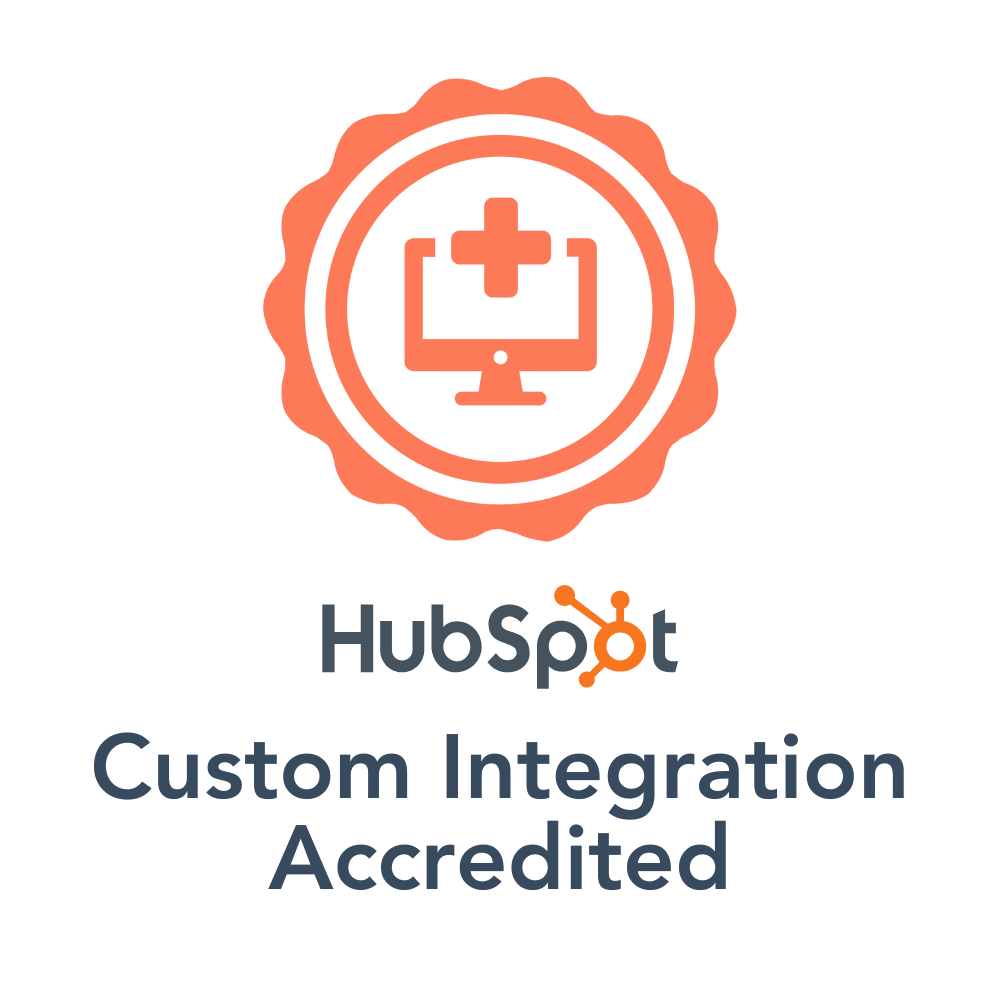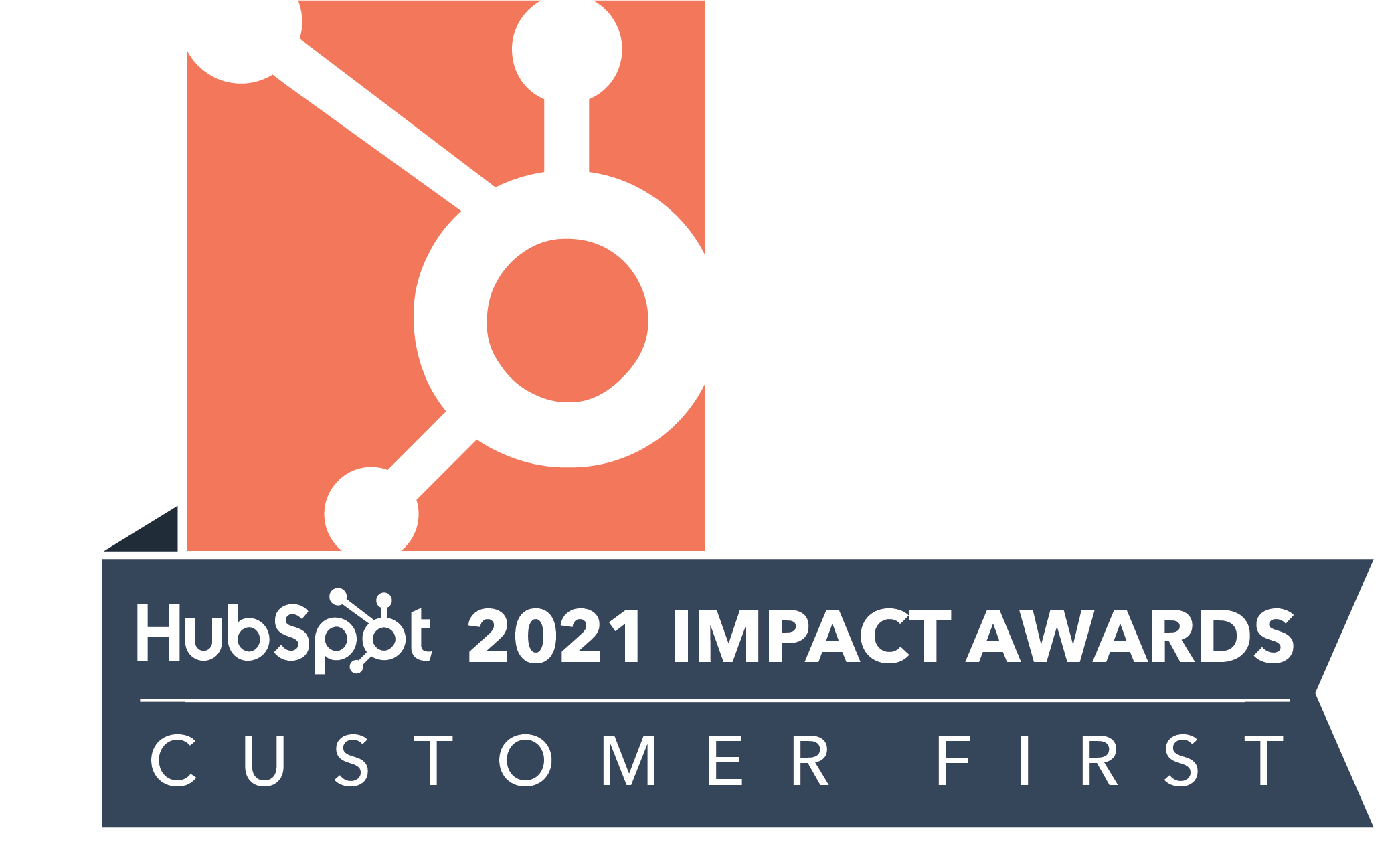When it comes to immediate, engaging, personalized conversations, there is nothing that beats WhatsApp. Over 2 billion people currently use WhatsApp as their default chat platform, and businesses have been fast to capitalize on that. Most businesses today, both in the B2C and B2B space, have adopted WhatsApp as a key communication channel to interact with their prospects and customers.
If your business hasn’t done it yet, it’s high time you started thinking about it. Customers today expect to be heard by the brands they choose to engage with, and they expect their questions and challenges to be swiftly resolved. And they don’t want to step outside of an application they are already comfortable with, to get all this done. So you have to get to where your customers are, and deliver what they need.
But if you already have WhatsApp as an established communication channel, it’s time to think about enhancing it, making it work better for your business. It’s time to adopt a WhatsApp CRM solution.
A WhatsApp CRM solution essentially takes the immediacy and higher degree of engagement that’s inherent in WhatsApp, and merges it with the tracking, multi-user visibility, and automation aspects of a CRM.
If you are wondering why you should introduce a new solution into your marketing stack, we’ve got three compelling reasons for you.
Here’s why your business needs a WhatsApp CRM integration:
#1 Incorporate WhatsApp conversations into your buyer’s journey
Currently, most marketing and sales teams know the buyer touch points across their website, social media or email, and weave these channels together to design an engagement plan that moves buyers across different stages of the journey. But because WhatsApp messages remain siloed on a phone, conversations happening there do not feed into the buyer’s journey.
For example, let’s say you have a 5-email nurturing sequence that shares a series of helpful resources with a prospect, leading up to asking them to book a demo for your product. However, after the third email, the prospect sends a message over WhatsApp, to your sales rep, that they want to book a demo. Great for you, they are ready to take a demo! But because the WhatsApp conversation and the email sequence being managed by your CRM are not connected, the email sequence carries on, ending with asking the prospect to ‘book a demo’ even though they may have already booked one.
While this is just one example, similar scenarios can occur where the communication happening with a customer across channels tracked by your CRM, and over WhatsApp, are disconnected from each other. And that creates a fragmented and ineffective customer journey.
However, with a WhatsApp CRM solution, like WhatsApp integration with Hubspot, you can seamlessly integrate conversations happening over WhatsApp into your buyer’s journey. When your CRM starts logging WhatsApp conversations, you can leverage them to personalize the customer interaction happening across other channels. And interactions on WhatsApp can also, in turn, be driven by previous engagement on email or website.
#2 Leverage automation with WhatsApp CRM Solutions
Once you have a WhatsApp CRM integration solution, you can leverage workflows and automation features inherent in a CRM to work with your WhatsApp messages. You can think of this as two distinct types of automation:
- Use WhatsApp messages as triggers to activate particular kinds of workflows.
For example, if a prospect sends a WhatsApp message containing the word ‘demo’, it triggers a workflow that alerts an associated sales rep about the incoming message or creates a task for them titled “set up demo”.
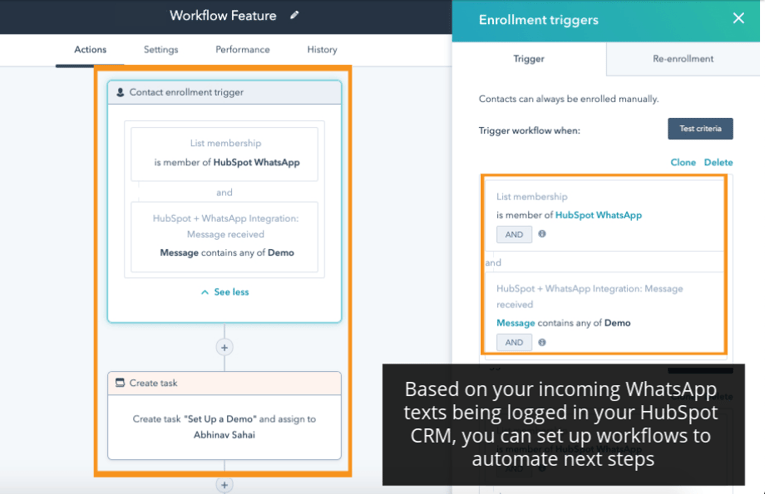
Similarly, you can create other workflows to intelligently automate different tasks in your sales cycle, based on WhatsApp messages being sent or received.
- Send automated WhatsApp messages based on prospect actions or messages.
For example, if a prospect fills up a form on your website requesting a demo, you can create a workflow that sends a templated message response to them, via WhatsApp.
Or if a prospect sends a WhatsApp message that contains the word ‘price’, you can have a workflow that automatically sends a templated message with a link to your product pricing page.
Automating WhatsApp messages requires you to have a WhatsApp Business API. However, leveraging this functionality across intelligent workflows that enhance customer experience does call for a WhatsApp CRM solution.
As with all automation, the ability to automate follow-up actions based on WhatsApp interactions ensures that you offer your prospects a personalized experience that keeps them interested and engaged with your brand. All this while saving to time by eliminating the need for manual intervention.
#3 Remove Bottlenecks and Streamline Customer Service
Let’s say you have three to four WhatsApp numbers dedicated for customer service queries. Now, with your WhatsApp accounts accessible only on the phone, your customer service execs can only answer queries coming into the number/phone that they are assigned (physically in their possession). This means they cannot efficiently hand the collective load of all customer service requests coming in.
On peak days, certain execs could have more service requests than they can satisfactorily handle, while others remain relatively idle. And this can cause roadblocks to great customer service, as certain queries are answered very late, or not handled at all.
But when you have a WhatsApp CRM solution, your WhatsApp conversation on a single, or multiple numbers, can become accessible to multiple customer service execs through the CRM (not applicable for the Starter Plan). So irrespective of which number is receiving customer service requests:
- An exec with bandwidth, and who is using the solution in that duration, can pick up any query and start assisting the customer
- The conversation can be carried forward by a different exec at any point, with the previous chat history and context all logged in the CRM
- Customer service execs can automate raising support tickets and sending status updates right through the CRM
One of the better WhatsApp CRM solutions is the HubSpot+WhatsApp integration. Whether you have the free version of the HubSpot CRM or the enterprise version, or anything in between, this solution will work for you. You can log all your WhatsApp conversations onto the HubSpot CRM, and also manage all sales and customer service communication happening on WhatsApp from within HubSpot. Move rover, if you have a WhatsApp Business API, you can also explore a WhatsApp CRM solution that enables you to send templated automated WhatsApp messages.
A CRM WhatsApp integration is a powerful addition to your marketing stack. The sales team at one of Mexico’s leading universities used the HubSpot+WhatsApp integration to shorten their sales cycles, and achieve their 2020 enrolment goals right at the beginning of the year!
Are you interested in delivering a win like that for your business? Book a Demo!


